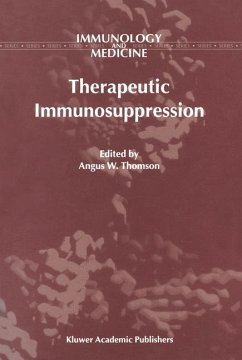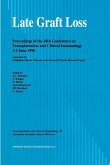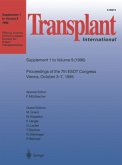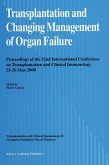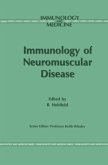Therapeutic immunosuppression has very broad applications in clinicalmed icine, ranging from prevention and treatment of organ and bone marrow transplant rejection, management of various autoimmune disorders (e. g. rheumatoid arthritis) skin disease, and asthma. Whereas traditionally, only a small repertoire of immunosuppressive agents was available for clinical use, recent discoveries have significantly increasedthe number ofapproved agents, resulting in numerous trials to further evaluate their potential. In addition, products of the biotechnology industry, - monoclonal antibodies, cytokines, cytokine antagonists and other products of genetic engineering that target key molecular pathways in disease pathogenesis, have either already made, or are on the verge of making an important impact on treat ment. There is also considerable interest in the potential ofcell-based thera pies (particularly hematopoietic stem and dendritic celltherapy) ofallo-and autoimmunity. Important recentadvances in the immunotherapy of allergic diseases are also covered in this book. Gene therapy offers considerable promise for suppressing pathogenic processes in either transplantation or autoimmune disorders. The possibility of combining these important new advances to maximize benefit to the patient, and to minimize possible untoward effects (that are also given extensive coverage in this book)is one ofthe most exciting challenges ofcontemporary medicine. This volume is intended both forpracticing physicians and surgeons and for biomedical scientists at the graduate/postdoctoral levels, and is designed to provide the theory behind these various approaches to immunosuppres sion, and to provide state-of-the-artreviews ofcurrent developments in each area. Each chapter is contributed by an expert(s) in the field.
Bitte wählen Sie Ihr Anliegen aus.
Rechnungen
Retourenschein anfordern
Bestellstatus
Storno

